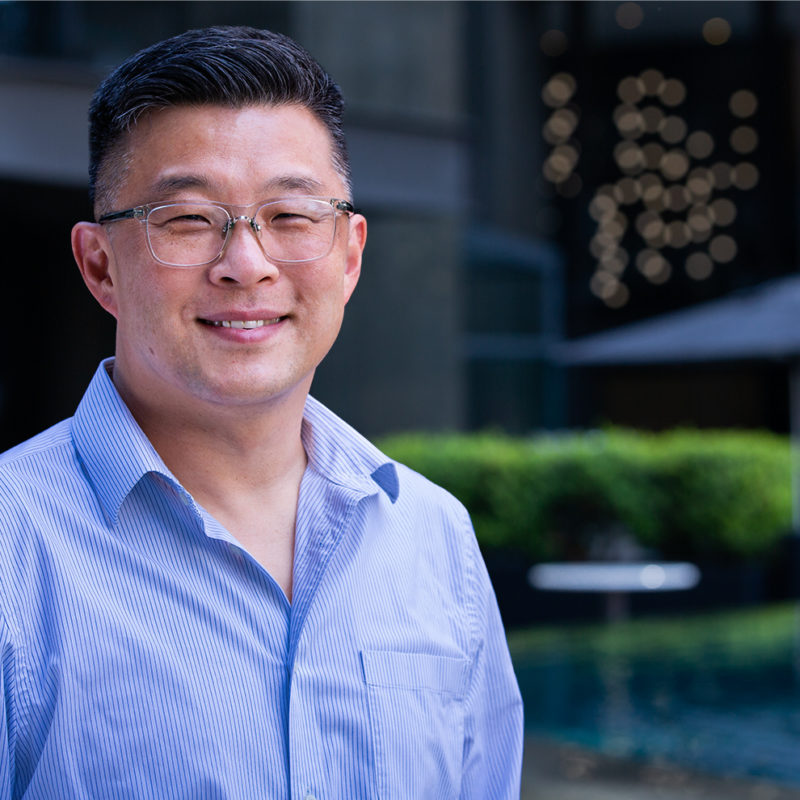How We Can Improve Oral Health for Underserved Populations
It’s a memory that has stayed with me: Some years ago, my mother called me up to let me know that she found out she would need extensive dental work done for health reasons. While she was able to get the care she needed, the financial burden was high — the ultimate cost to her would end up being thousands of dollars out of pocket. Ironically, in many ways, my mom was one of the “lucky” ones — because of the expense involved, so many seniors cannot access the oral health care they need, and are shocked when they transition into Medicare and realize that oral health care benefits aren’t covered. So many people, especially those who are economically insecure, are often forced to live with the pain. We at Cal Wellness believe that we can and must do better for folks who need oral health care.
Oral health inequity is an unlikely — but very real — social justice issue. The hard truth is that oral health disparities are persistent and pervasive in communities across California. But we’re working to change this. 2019 marks the fifth year that Cal Wellness has lifted up oral health with targeted attention and significant resources. We know that our focus is yielding results, but at the same time, it’s important to sustain the momentum.
We believe that people living in low-income communities should have access to quality care. That’s why we’re excited by the concept of “dental homes,” a focus for Cal Wellness’ oral health area. Through this approach, patients receive quality affordable, dental care from a dental team, whom they trust and with whom they feel comfortable, that monitors and becomes familiar with each patient’s oral health conditions and needs. This care is provided on an ongoing and regular basis, rather than episodically when an emergency arises.
The most typical dental homes include: federally qualified health centers (FQHCs), such as Open Door Community Health Centers in Humboldt County and Ravenswood Family Health Center in San Mateo County, free clinics, such as Free Clinic of Simi Valley in Ventura County and SLO Noor Foundation in San Luis Obispo County, and stand-alone nonprofit dental clinics, such as Dientes Community Dental in Santa Cruz County and Gary and Mary West Senior Dental Center in San Diego County.
Dental homes are just one strategy for improving oral health care for low-income adults and seniors. Improving oral health for seniors in the long term requires sustained investment in public policy efforts. Much of the gap in dental benefits for seniors and low-income adults lies with public policies that limit coverage.
That’s why we’re pleased to see the important work happening outside Cal Wellness to advance health equity — especially oral health. We can all actively participate in improving oral health equity. And in the philanthropic sector, different funders have different roles to play in improving oral health in California and beyond, and those distinctive roles will help move the needle for those living in low-income communities. Whether they are health equity funders, systems change funders or clinic funders, each can play an important part. Furthermore, one doesn’t have to be a funder dedicated to oral health in order to fund oral health. The issues at stake are rooted in social justice and equity — so if these deep challenges speak to you, we encourage you to join us.
Thankfully, there has been some promising momentum in terms of oral health. The forthcoming surgeon general’s report, due in 2020, has the potential to galvanize funders to focus on the importance of oral health. We are looking forward to an action plan for the next two decades.
So yes, there’s good, if bittersweet, news when it comes to oral health: Lack of adequate oral health care for underserved populations is a human-made problem, and by working together, we have the power to fix it. We need vision, buy-in and commitment. Together, we can solve the lack of adequate oral health care for underserved populations. Together, we can make sure that it’s not just the so-called lucky ones, like my mom, who get to live without pain.

Jeffrey S. Kim is a program director at The California Wellness Foundation where he currently manages grantmaking related to the Economic Security & Dignity portfolio.
